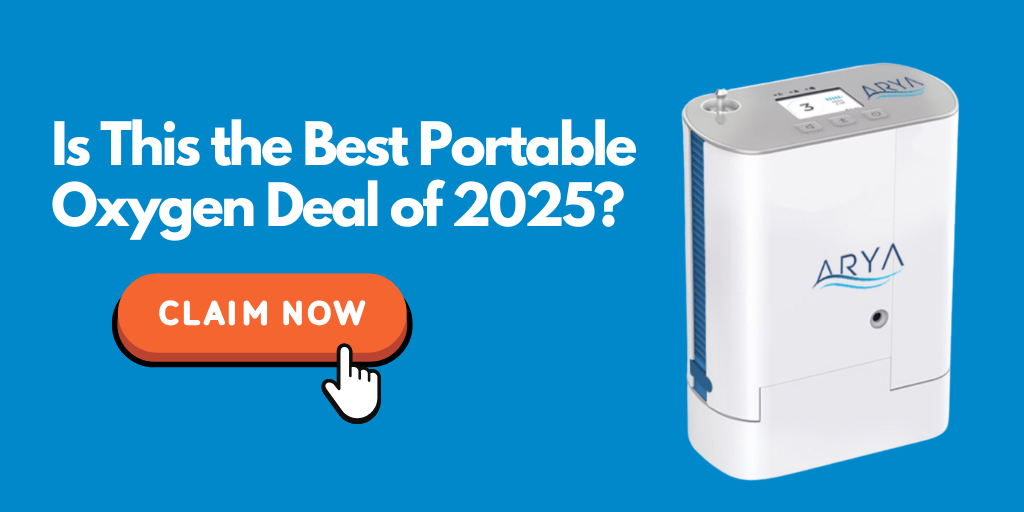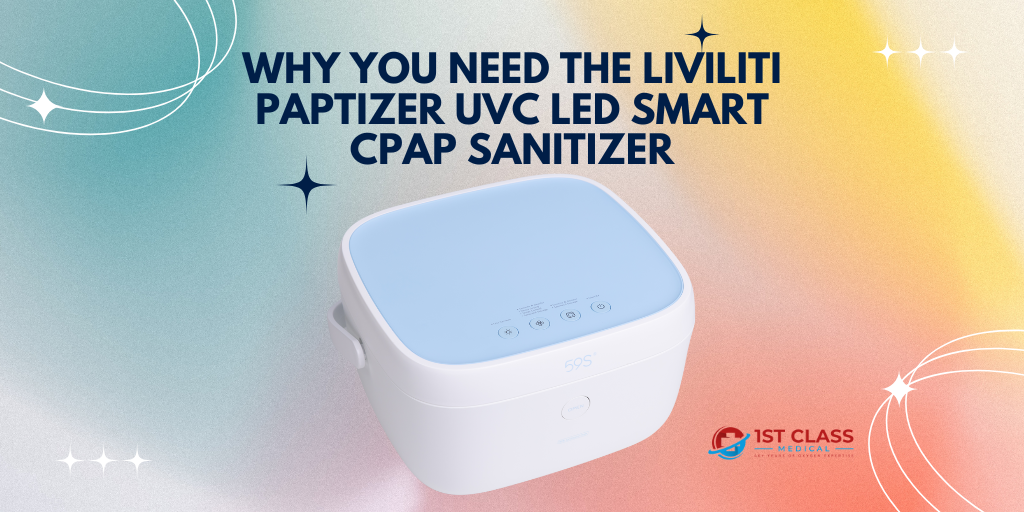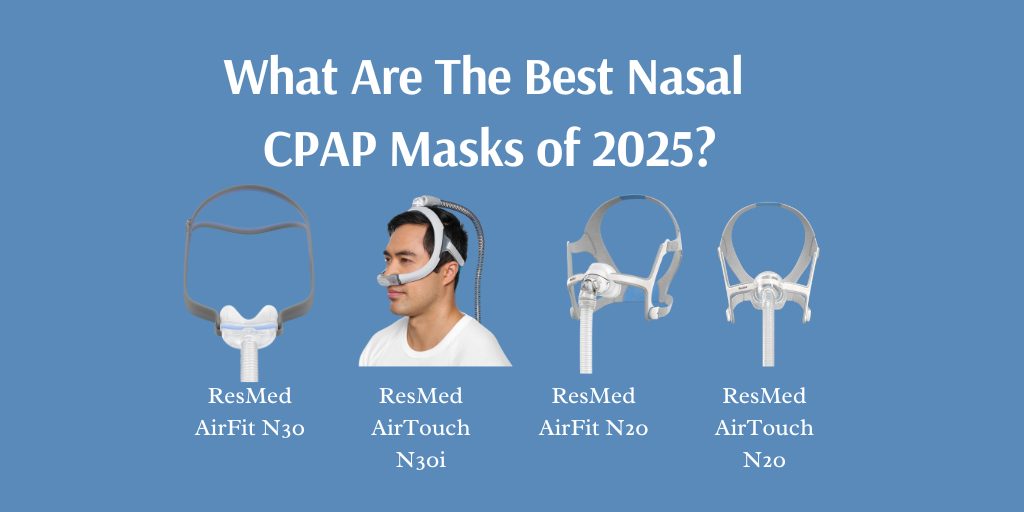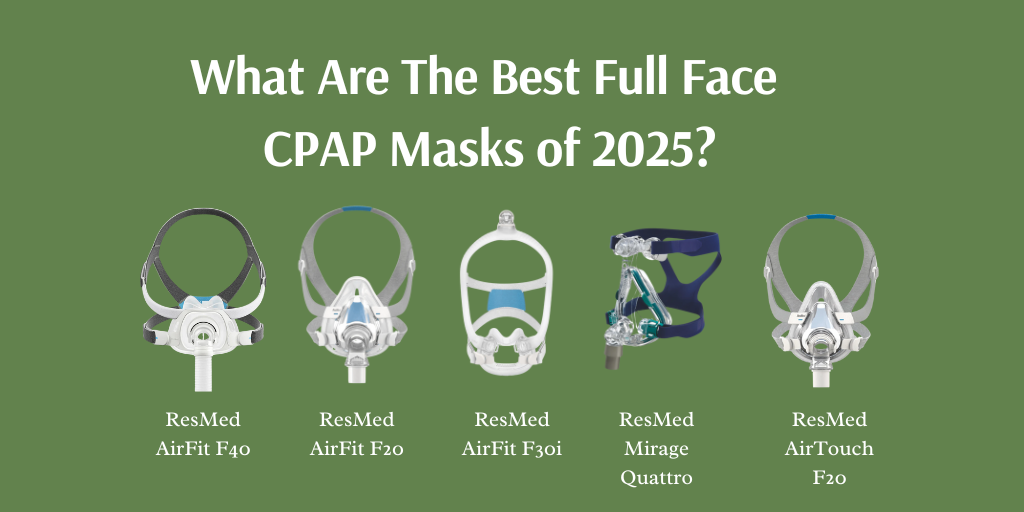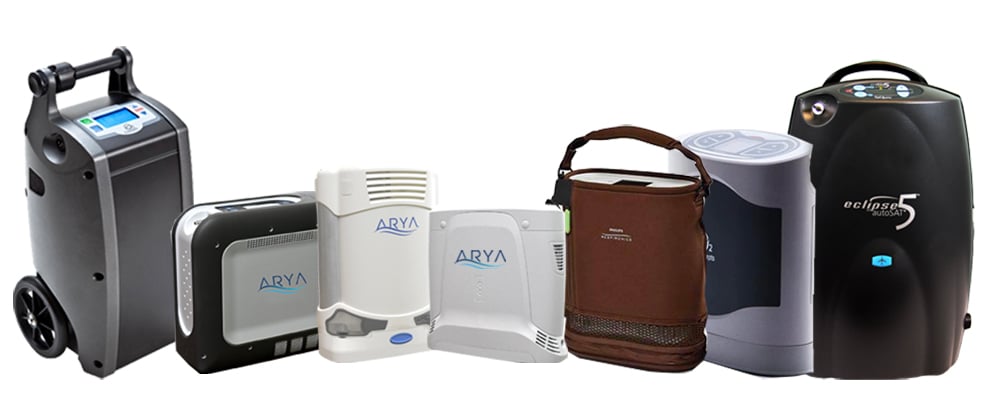
In recent years, portable oxygen concentrators (POCs) have emerged as a vital tool for individuals with respiratory issues, offering convenience and technological innovation. These devices, significantly smaller and more efficient than traditional oxygen tanks, have revolutionized how patients manage their oxygen therapy needs. The advent of POCs marks a significant leap in medical technology, providing users with newfound mobility and quality of life.
However, the cost of these life-enhancing devices often presents a financial challenge. With the rising demand for POCs, a critical question arises: can insurance cover these essential medical devices? The intersection of healthcare necessity and financial feasibility becomes a poignant topic for patients and caregivers alike, navigating the intricate landscape of medical insurance policies.
Insurance Coverage for POCs: General Overview
Whether you’re living with COPD, asthma, or other conditions that affect breathing, medical equipment like a POC is essential. However, it can be expensive. Your insurance can extend a helping hand. Generally, insurance policies, including private insurance and government programs like Medicare, consider several criteria before approving coverage for medical devices. These criteria often include the medical necessity of the equipment, the patient's specific health condition, and the doctor's recommendation.
The process of obtaining coverage for a POC typically begins with a thorough evaluation of the patient's medical needs. A healthcare professional must provide a detailed prescription and justification for the POC, emphasizing its necessity for the patient's health and well-being. Insurance companies then review these documents and the patient's insurance policy details to determine eligibility for coverage.
Policies vary widely in terms of what they cover, how much they cover, and under what conditions. Some policies may cover the cost of purchasing a POC outright, while others may only cover rental costs. Additionally, there might be stipulations regarding the brands or models of POCs covered or specific requirements that patients must meet to maintain coverage.
Medicare Coverage for Portable Oxygen Concentrators
Medicare, a significant health insurance program in the United States, provides coverage for various medical needs, including durable medical equipment (DME) like portable oxygen concentrators (POCs). Understanding the different kinds of Medicare and how they apply to POCs is essential for beneficiaries requiring oxygen therapy.
Medicare Part B Coverage
Medicare Part B generally covers outpatient medical services, including DME. Under this coverage, POCs are classified as DME, and beneficiaries may be eligible for coverage if specific conditions are met. This includes a doctor's prescription and a demonstrated medical necessity for oxygen therapy.
Conditions for Coverage
For Medicare to cover a POC, beneficiaries must meet certain eligibility criteria, such as a confirmed diagnosis that warrants oxygen therapy and a qualifying oxygen saturation level. Additionally, the equipment must be obtained from a supplier enrolled in Medicare.
Private Insurance Coverage for Portable Oxygen Concentrators
Private insurance policies can differ significantly from Medicare regarding coverage for medical equipment like portable oxygen concentrators (POCs). Each insurance provider has its own policies and guidelines, which can affect the extent and type of coverage available for POCs.
Key Factors Influencing Coverage
Several factors influence whether a private insurance policy covers POCs. These include the specific terms and conditions of the insurance plan, the medical necessity as determined by a healthcare professional, and the individual's health condition. Patients need to review their insurance policy details or consult with their insurance provider to understand the coverage specifics.
Process of Obtaining Coverage
The process of getting coverage for a POC through private insurance usually involves obtaining a prescription from a doctor, demonstrating the medical necessity of the equipment, and submitting a claim to the insurance provider. The insurer then assesses the claim based on their policy guidelines and decides on coverage eligibility.
Navigating Challenges
Patients might face challenges such as partial coverage, high deductibles, or specific restrictions on the types or brands of POCs covered. Sometimes, patients may need to provide additional documentation or undergo an appeals process if their initial claim is denied.
Navigating Denials in Insurance Claims for Portable Oxygen Concentrators

When an insurance company denies a Portable Oxygen Concentrator (POC) claim, the first step is to understand the specific reasons for the denial. Medicare reimbursements have been cut in recent years, increasing the possibility of being denied. Common reasons may include lack of medical necessity, inadequate documentation, or the POC not being covered under the policy terms.
Steps to Address a Denial
- Review the Denial Letter: Carefully read the denial letter from the insurance company to understand the specific reasons for the denial.
- Gather Additional Information: If the denial is due to insufficient documentation or questions about medical necessity, gather additional information and records that support the need for a POC.
- Consult with a Healthcare Provider: Work with the prescribing healthcare provider to provide any additional medical justification or clarification needed.
- Prepare for an Appeal: Prepare the necessary documents for an appeal. This includes the denial letter, medical records, a letter from the healthcare provider, and any other supporting documents.
Filing an Appeal
- Understand the Appeals Process: Familiarize yourself with the insurance company's appeals process, including deadlines and submission requirements.
- Submit the Appeal in a Timely Manner: Ensure that the appeal is submitted within the timeframe specified by the insurance company.
- Follow Up Regularly: After submitting the appeal, follow up regularly with the insurance company to check on the status of the appeal.
Wrapping Up
Yes, obtaining insurance coverage for portable oxygen concentrators (POCs) is possible, but it largely depends on the specific insurance policy and the individual's eligibility.
Medicare, as primary or secondary insurance, typically covers the rental costs of POCs as part of its Durable Medical Equipment (DME) benefit rather than the full cost of purchasing the equipment. However, Medicare does not generally cover the entire cost of purchasing a POC. For private insurance, coverage can vary, and eligibility depends on the individual's policy and medical necessity as determined by a healthcare provider.


